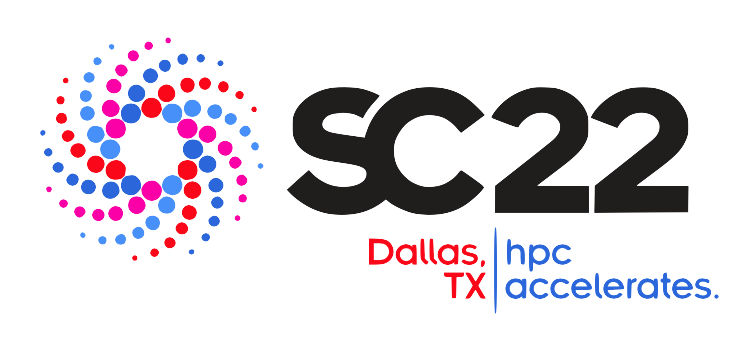Organizers
Gokcen Kestor, Pacific Northwest National Laboratory
Dong Li, University of California, Merced
Murali Krishna Emani, Argonne National Laboratory
Technical Program Committee
Debbie Bard, Lawrence Berkeley National Laboratory
Kevin Barker, Pacific Northwest National Laboratory
Aparna Chandramowlishwaran, University of California, Irvine
Wenqian Dong, Florida International University
Yao Fehlis, AMD Research
Olexandr Isayev, Carnegie Mellon University
Karthik Kashinath, NVIDIA
Jiawen Liu, Facebook
Brian C Van Essen, Lawrence Livermore National Laboratory
Natalia Vassilieva, Cerebras
Venkatram Vishwanath, Argonne National Laboratory
Feiyi Wang, Oak Ridge National Lab
Laurent White, AMD Research
